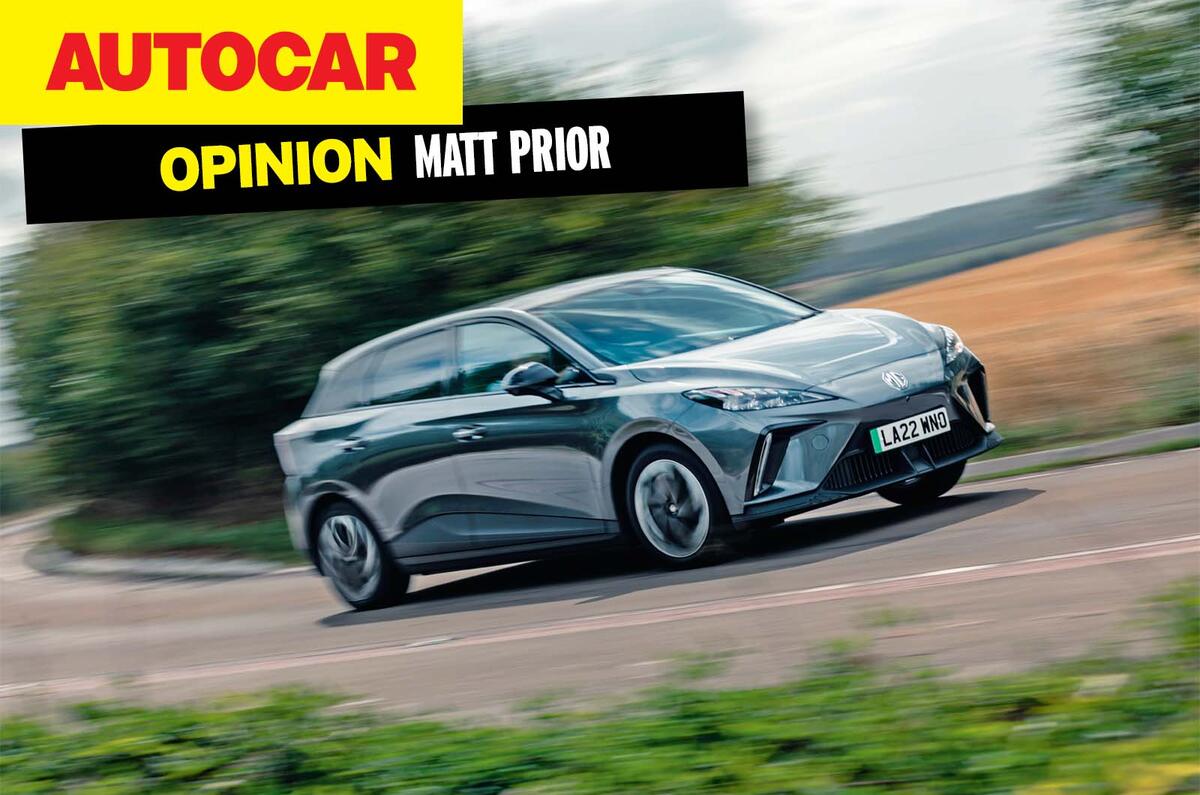I’ve got a new Chinese-brand stereo amplifier at home.
There’s probably company in which one wouldn’t admit that, but I did have a (very old) British-brand amp before, talking to a couple of (very old) British-brand speakers. Then the amp gave out terminally and I wanted a replacement cheap and now, so I went to Amazon. I’m genuinely not proud. I wasn’t expecting much, but I didn’t need much.
My plan was that it would live in the front room for a month or so while I rearranged the house now that the children have left, then once I’d saved up for something swankier, I’d move it to a newly rearranged shed, where all it would have to do would be spend years being dust-proof and loud enough to smother the sounds of a middle-aged man with skinned knuckles swearing.
I couldn’t find reviews in the traditional hi-fi magazines of a Fosi Audio unit. But it was very small and had no exterior vents (useful in its second life) and it looked quite neat. Besides, electronics being somewhat in sync with the car industry, I was intrigued by what the Chinese take on it would be like. Call it research. It cost £70.
More than six months later and house rejig mostly complete, it’s still in the front room, because it turned out to actually be quite good.
There are some independent reviews of the amp, although not of the highfalutin “we lay down this rare vinyl...” type but from geek techies who have taken it apart and prodded it with instruments to measure its responses.
It rated very well with them, but better than that, it sounds fine to me. Until I can bear to buy a much better one or I get tired of listening to my own thoughts down the shed, it will stay where it is.
Anyway, it’s the Geneva motor show next week, and chatting to some industry colleagues while on a job the other day, one said that Renault (and its subsidiaries) was basically the only major manufacturer that would be there.
Now, while it’s true that Geneva won’t be as well attended or important as it was pre-Covid, that might be news to China’s MG, which sells quite a lot of cars, and to BYD, which sells more than three million of them per year. If they’re not major manufacturers, I don’t know who is.
Then an industry engineer showed me some videos he shot on a recent fact-finding trip to China. He drove and passengered in cars that we don’t get here – not yet, anyway – and was fairly blown away by both the technology and the quality inside. Blown away and, I think it’s fair to say, not a little unnerved.








Join the debate
Add your comment
Still means that European car workers could be redundant in a decade or two?, making cars for what people think they want or are told they need isn't good, importing cars doesn't help.
Japanese cars were indeed a huge threat to established US and European companies, but they were limits on how many could be exported. This was a key reason Japanese makers opened factories in the West.
There seems to be no limit on Chinese cars, which are subsidised and produced at a price that European factories can't compete with. We may not realise our folly until it's too late.
There is a big difference between a bit of disposable electronics, and buying a car. People will want to know what they are getting, they will want to know the manufacture will still be in the UK when they need a spare part. You only need to look at Genesis. The cars seem to be quite highly regarded by the press, but the public havent heard of them, so they dont buy. I suspect the Chinese are going to be in the same boat, and of course, if the Chinese new brands only bring EVs here, then the majority of the private buyers wont be in the target market anyway